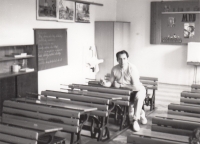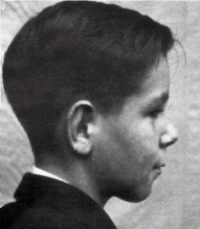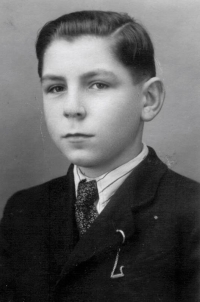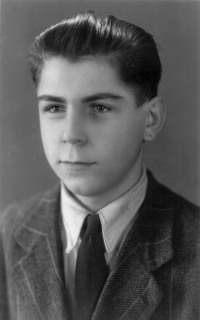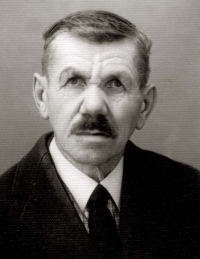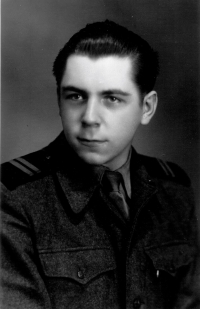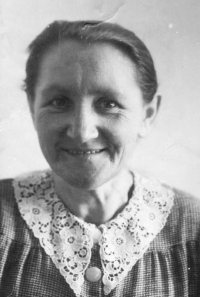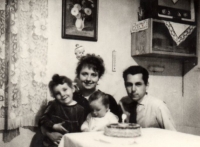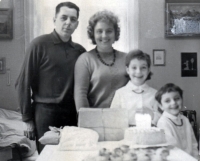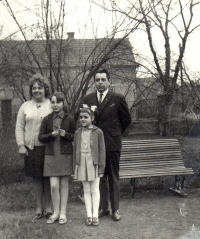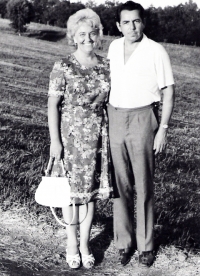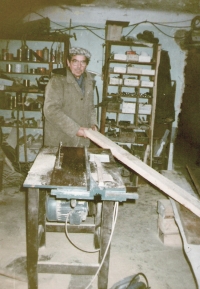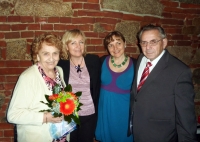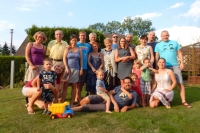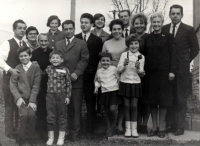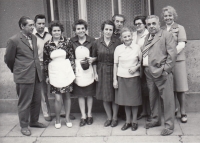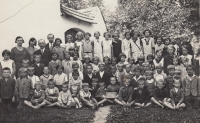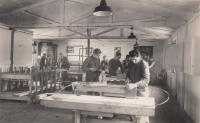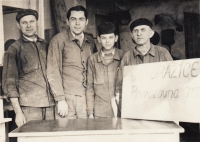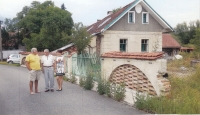He was fifteen and the death was walking around him in the war
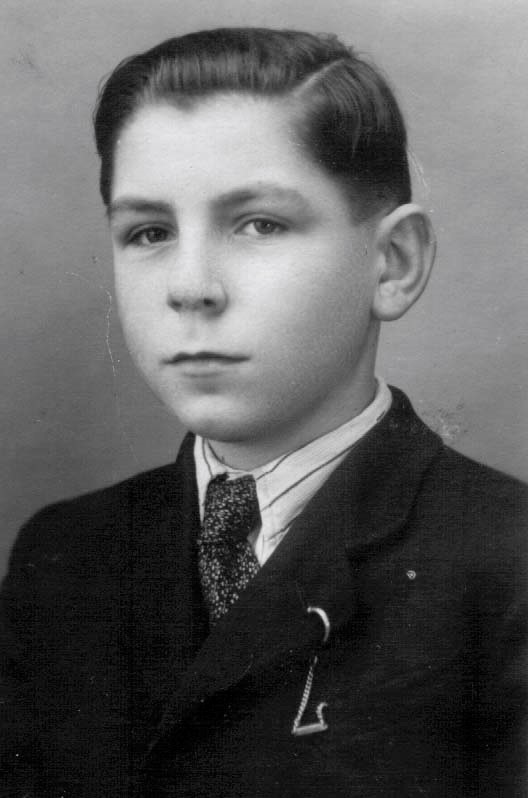
Download image
Vlastimil Dostál was born on June 22, 1929 in the village Úsobrno in the Boskovice region. His father was a postman and his mother took care of the household and seven siblings. After leaving the primary school, the witness passed the entrance exams to the real secondary grammar school in Jevíčko, which, however, was closed in 1941 and the building was taken over by the local organization Hitlerjugend. Vlastimil Dostál then went to his uncle for two years to the village of Hroška near Dobruška, where he completed a tailor school in nearby Solnice. He was to continue to study with his uncle as a tailor and then take over the entire trade after him. However, he did not want that and returned to his parents in Úsobrno and went to study joinery. At the end of the war, a witness had to start the forced labor to dig anti-tank trenches. In Úsobrno during the May Uprising of 1945, the locals disarmed a unit of German soldiers. However, the attempt to take over more weapons ended in a shootout in which two locals died. From the war, many unexploded ammunitions also remained in the vicinity of the village, which the locals, including the witness’s family, used to mine stumps in the surrounding forests. For the military service, the witness first enlisted in Pilsen, but was later transferred to the Auxiliary Technical Battalions (PTP) and worked at the mine in Karviná. He still doesn’t know why he ended up at PTP. After completing his military service, he lived in Benátky nad Jizerou and worked as a joiner. However, after a while he left his profession and even with his wife and two daughters they moved to Liberec, where he got a job at Pozemní stavby.
